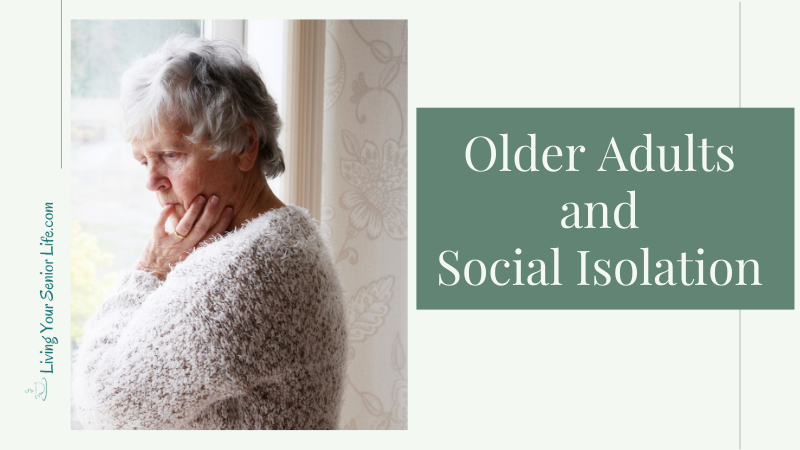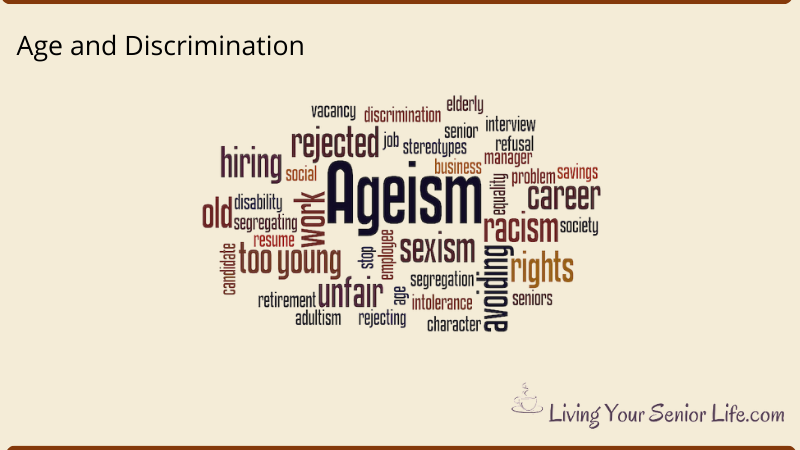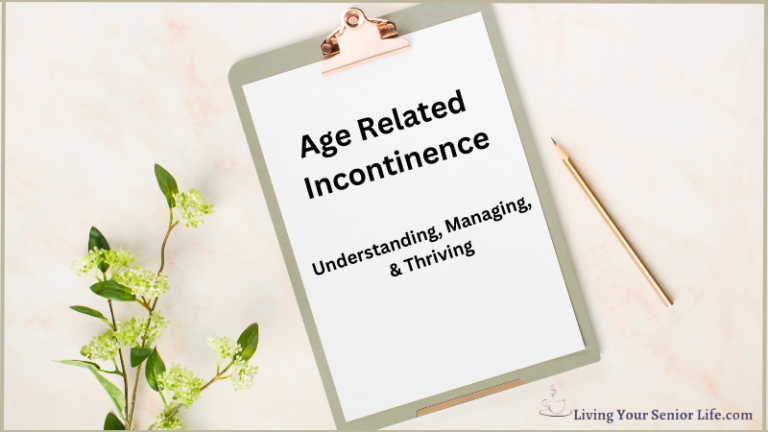Are you feeling lonely or isolated as you grow older? Do you wonder how social isolation and loneliness affect your health and well-being? If so, you are not alone. Many older adults face these challenges. But there are ways to cope and stay connected with others. In this article, I will share with you some facts and tips about older adults and social isolation. I will explain what social isolation and loneliness are, how they impact both your physical health and mental health, and what you can do to prevent or reduce them. I will also provide some resources and suggestions for finding social support and engaging in meaningful activities.
As an older adult myself, I have experienced the effects of social isolation and loneliness firsthand. I know how hard it can be to maintain social connections as we age, lose loved ones, or face health problems. That’s why I decided to write this article, to help other older adults like me who may be struggling with these issues. My goal is to provide you with helpful, reliable, and trustworthy information that is based on scientific research and personal experience. I hope that by reading this article, you will learn something new, feel less alone, and find ways to improve your quality of life.
What is Social Isolation?
Social isolation is when an individual has little or no contact with society. It can be a complete lack of communication or a near-complete lack of contact. This can be due to various reasons such as living alone, physical disability, or lack of transportation. Social isolation can lead to negative health outcomes such as depression, anxiety, and cognitive function decline. It is important to note that social isolation and loneliness are not the same. Loneliness is a state of mind where someone feels alone, even in a social setting.
Key Takeaways
- Social isolation among older adults can lead to depression, health conditions, and premature mortality.
- Ageism and unintentional isolation are contributing factors to social isolation.
- Recognizing the signs of social isolation and taking action can prevent loneliness and improve overall health and well-being.
Video: Older Adults and Social Isolation
What Are Some Contributing Factors That Can Lead To Social Isolation?
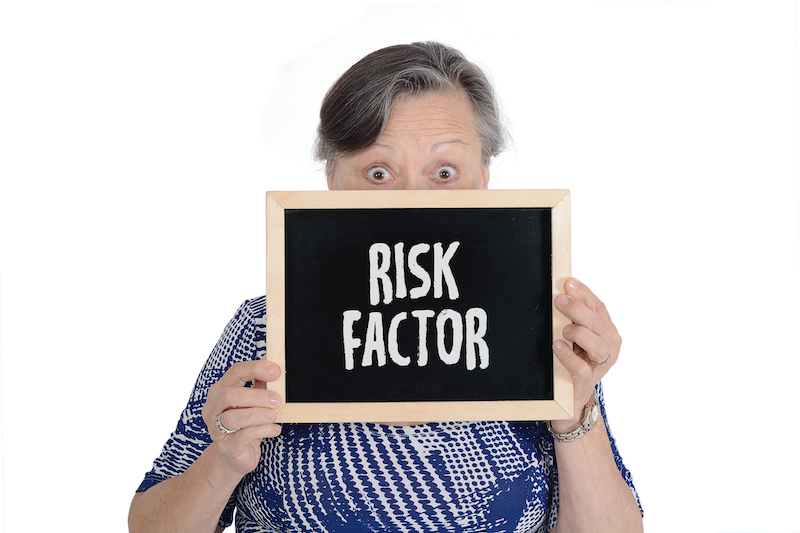
A person can become isolated in many ways, such as:
Family Not Living Close By
- As we have grown as a society, we have also become more mobile. No longer are the days when family members were close by, perhaps living in the same household. Nowadays, it’s not uncommon for families to live in different cities, states, and sometimes countries. There has been a recent trend of multi-generational homes, but this is not the norm.
Chronic Illness
- Chronic illness can lead to social isolation through various interconnected factors. It’s important to recognize that chronic illness affects not only a person’s physical health but also their emotional and social well-being. Chronic illnesses often result in physical limitations, making it difficult for elderly individuals to engage in social activities.
Retirement
- Retirement can lead to a loss of daily routine and social connections that were once provided by a person’s career or work environment. This can result in a decrease in social interaction and an increase in social isolation.
Divorce Rate
- As the divorce rate continues to rise, more people are entering their older years alone. This can lead to a lack of social interaction with a spouse and extended family members, which can contribute to social isolation.
Lack of Transportation
- Sometimes with the aging process, we are no longer able to drive. This can severely impact the senior’s ability to go to social events or even a once-loved shopping excursion. Public transportation may be viewed as cumbersome, leading to a decrease in social interaction and an increase in social isolation.
Store/Restaurant to Your Door Delivery
- The added convenience of shopping online or ordering food to be delivered can discourage individuals from leaving their homes. This can lead to a decrease in social interaction and an increase in social isolation.
Depression
- Depression can lead to a lack of social interaction and support. Feelings of depression can make it difficult to be social, leading to a vicious cycle of depression and social isolation.
You May Be Interested In: Coping With Loss – The Griefing Process
Lack of Income
- A decrease in income during retirement can limit a person’s ability to participate in social activities they once enjoyed. This can lead to a decrease in social interaction and an increase in social isolation.
These contributing factors can lead to social isolation, which has been linked to a variety of health problems, including high blood pressure, heart disease, cognitive decline, and premature mortality. It’s important to address these factors to promote mental and physical health and overall well-being.
Researching the Effects of Social Isolation
When it comes to social isolation, you might not think it’s a big deal. However, research has shown that it can have serious health implications. The National Institute on Aging has found that social isolation and loneliness are linked to a higher risk of physical health and mental health conditions, including Alzheimer’s Disease, anxiety, cognitive decline, depression, heart disease, high blood pressure, obesity, weakened immune system, and even death.
According to the World Health Organization (WHO), the effect of social isolation and loneliness on mortality is comparable to other well-established risk factors such as smoking, obesity, and physical inactivity.
Psychologist Louise Hawkley, Ph.D., found evidence linking social isolation with poor sleep quality, impaired executive function, accelerated cognitive decline, poor cardiovascular function, and impaired immunity.
To measure loneliness, the UCLA Loneliness Scale is often used. This scale assesses how often an individual feels disconnected from others and the degree to which they desire social interaction. Future research in social neuroscience may help to better understand the neural mechanisms underlying the effects of social isolation on health.
What Can Be Done to Help Alleviate Social Isolation
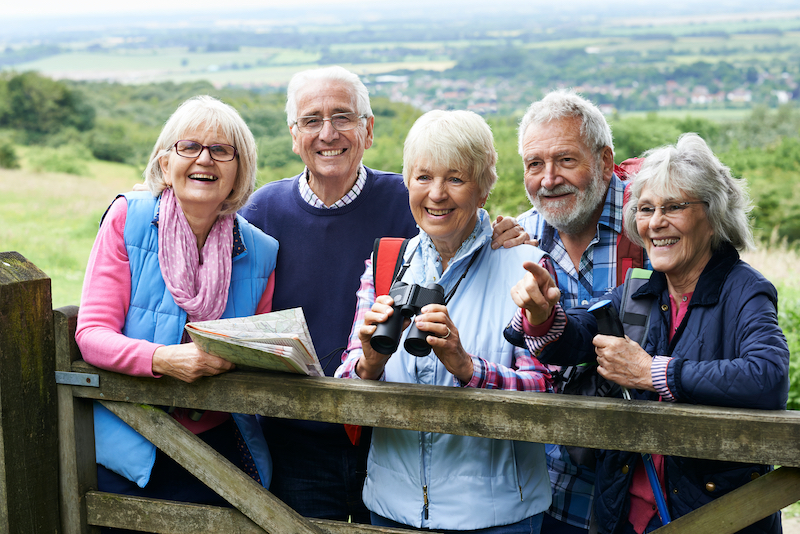
If you or someone you know is experiencing social isolation, there are several ways to help alleviate it. In this section, we’ll explore some activities and interventions that can help you become more social. To overcome social isolation, one needs to become social in some way. As you look at your life or the life of someone who has become socially isolated, think of how that can change. It’s okay to start slow. Maybe come up with one change you can make that will give you some social interaction.
Active Adult Center
Active Adult Centers are a great way to get involved in activities and meet new people. These centers offer a variety of activities, such as fitness classes, games, and support groups. Each center has its own unique set of activities, so it’s best to check what’s available in your area. Some examples of activities include poker, bridge, pinochle, bingo, dancing, ceramics, knitting/crocheting, and more.
Book Club
If you’re an avid reader, joining a book club can be a great way to meet new people and engage in interesting discussions. There are many book clubs available in your area, and you can find them easily online. Readers Circle is a great resource to find book clubs near you.
Religious Organizations
Many religious organizations offer programs for older adults. These programs can include social events, support groups, and volunteer opportunities. If you’re interested in getting involved, contact your local religious organization to see what programs they offer.
Hobby
Engaging in a new hobby can be a fun and exciting way to meet new people. While some hobbies may require a monetary investment, many don’t. It’s important to choose a hobby that allows you to interact with other people. Some examples of hobbies include:
- Acting In A Local Theater Group
- Astronomy Club
- Biking – Contact A Local Bike Shop For Group Rides
- Community College Class
- Genealogy Club
- Hiking (With Someone Or A Group)
- Photography
- Pickleball – An Article I Wrote, “Pickleball And Seniors” Can Give You Some Insight Into The Game.
- Singing (Community Choir Is One Idea)
- Walking Group
- Writing Group
You Might Be Interested In Reading: Celebrate National Senior Health and Fitness Day
Meet-Up
Meet-Up is a free app that allows you to search for groups with similar interests as you. This app is a great way to find meet-ups for a variety of interests. If you attend an event and don’t like it, you’re not committed to attend any future events.
Part-Time Job
Some companies are looking for older adults to fill part-time positions. This can provide you with social interaction and a little extra cash. Check with your local job center or online job boards to find part-time job opportunities.
Volunteer
Volunteering is a great way to meet new people and give back to your community. There are many volunteer opportunities available, such as:
- Abuse Shelter
- Animal Shelter
- Church
- Food Pantry/Soup Kitchen
- Hospital
- Library
- Local School
- National Parks
- Political Campaign
- Red Cross
- Retirement Home
If you are having trouble thinking or signing up somewhere to volunteer AARP (American Association of Retired Persons) has a feature on their website that will allow you to put in your city or zip code to find organizations that are looking for volunteers.
FAQs
What are some signs that an older adult may be isolating themselves?
There are several signs that an older adult may be isolating themselves. These include decreased participation in social activities, lack of interest in hobbies or activities, changes in eating or sleeping habits, and decreased communication with family and friends. Older adults who live alone or have limited mobility may also be at higher risk for social isolation.
What are the different types of social isolation that older adults may experience?
Older adults may experience different types of social isolation, including emotional, social, and cultural isolation. Emotional isolation occurs when an individual lacks emotional support or a confidant. Social isolation occurs when an individual has limited social contact with others. Cultural isolation occurs when an individual is disconnected from their cultural or ethnic community.
How can we reduce social isolation in the elderly population?
Addressing social isolation and reducing this in the elderly population can be achieved through various means. One approach is to encourage older adults to participate in community activities such as social clubs, volunteer work, and exercise classes. Another approach is to promote intergenerational programs that connect older adults with younger generations. Technology can also be used to reduce social isolation, such as video chats, social media, and online support groups.
All-in-All

Social isolation and loneliness are serious problems that affect many older adults. They can harm your health, happiness, and longevity. But they are not inevitable or irreversible. You can take steps to prevent or reduce them, by staying in touch with your family and friends, joining a community group or activity, volunteering for a cause, or seeking professional help if needed.
In this article, I have shared with you some facts and tips about older adults and social isolation. I have also given you some resources and suggestions for finding social support and engaging in meaningful activities. I hope that you have found this article useful and informative.
Thank you for reading this article. I appreciate your time and attention.
Are there activities you enjoy that keep you social? I would love to hear what they are. Please comment below.
